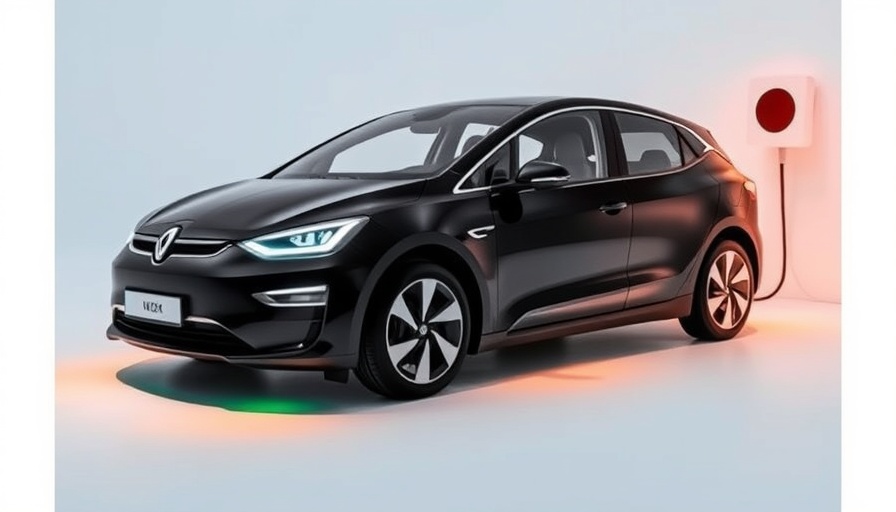
Electric Vehicles: Coming to the Rescue as Home Batteries
With the proliferation of electric vehicles (EVs) and an increasing focus on sustainable living, innovative energy solutions are becoming more accessible to households across London. The intersection of renewable energy, environmental responsibility, and practical application offers a unique opportunity for homeowners to use their electric vehicles not just for transportation, but as a pivotal element in energy management.
Understanding Electric Vehicles as Home Energy Sources
Electric vehicles are designed not only to reduce our carbon footprint by replacing conventional fuel sources but also to contribute to energy resilience within homes. In the face of a growing climate crisis, the ability to utilize EVs as power sources at home represents a revolution in energy consumption. The stored energy within these vehicles can be deployed to supply power to essential household appliances in the event of outages or even during peak energy costs.
A Technological Leap: V2G Technology Explored
One of the most exciting developments in this realm is Vehicle-to-Grid (V2G) technology, which enables electric cars to send excess power back to the grid or feed it directly into home systems. This bi-directional flow of electricity has the potential to reduce energy costs while enhancing grid stability and promoting the usage of renewable sources. In an era defined by climate uncertainty, the concept of turning personal vehicles into an auxiliary power source could provide crucial relief during emergencies.
Barriers to Adoption: Are Electric Owners Ready?
Despite these possibilities, there are barriers that need addressing. Homeowners in London often encounter challenges such as the initial costs associated with EVs, charging infrastructure, and the perceived complexity of integrating such technologies into their existing energy systems. Education around these technologies and incentives from governmental bodies could mitigate these concerns, paving the way for widespread adoption.
The Environmental Impact: Benefits Beyond Convenience
Utilizing an electric car as a home battery not only serves the immediate needs of energy resilience but also propels local efforts towards environmental sustainability. By maximizing the potential of existing technologies, London homeowners can significantly lessen reliance on grid-supplied energy, especially during times when fossil-fuel-generated electricity is higher in demand. This strategic shift could support collective sustainability goals and promote a wash of cleaner, renewable energy flowing within communities.
Practical Steps to Get Started
Homeowners interested in tapping into their EVs’ potential as home batteries can take several practical steps:
- Invest in a Smart Charging Station: This ensures that charging your electric vehicle is both efficient and aligns with your household energy needs.
- Consider a Home Energy Management System (HEMS): This allows for monitoring and optimizing energy use throughout your home, taking advantage of cost-effective times to charge your EV.
- Stay Informed on Incentives: Seek out local governmental programs offering rebates or incentives for sustainable upgrades, which could include the installation of smart home devices or energy-efficient technologies.
The Future of Energy: How Homeowners Can Lead Change
The UK government outlines ambitious goals for decarbonization, with a projected aim of phasing out gas and diesel vehicles by 2030. This transition not only focuses on transportation but also dovetails into neighborhoods becoming energy self-sufficient. Homeowners in London have a vital role to play in this transition by embracing the technologies at their disposal and becoming champions for sustainable energy usage. As we reshape our future, the integration of electric vehicles in residential energy strategies could very well lead the brave new world of energy independence.
As the climate crisis escalates, now is the moment to seize the potential of electric vehicles as an innovative form of energy resilience. By exploring the multifaceted benefits and employing practical solutions, homeowners can not only save money but also contribute to a sustainable future.
 Add Row
Add Row  Add
Add 




Write A Comment